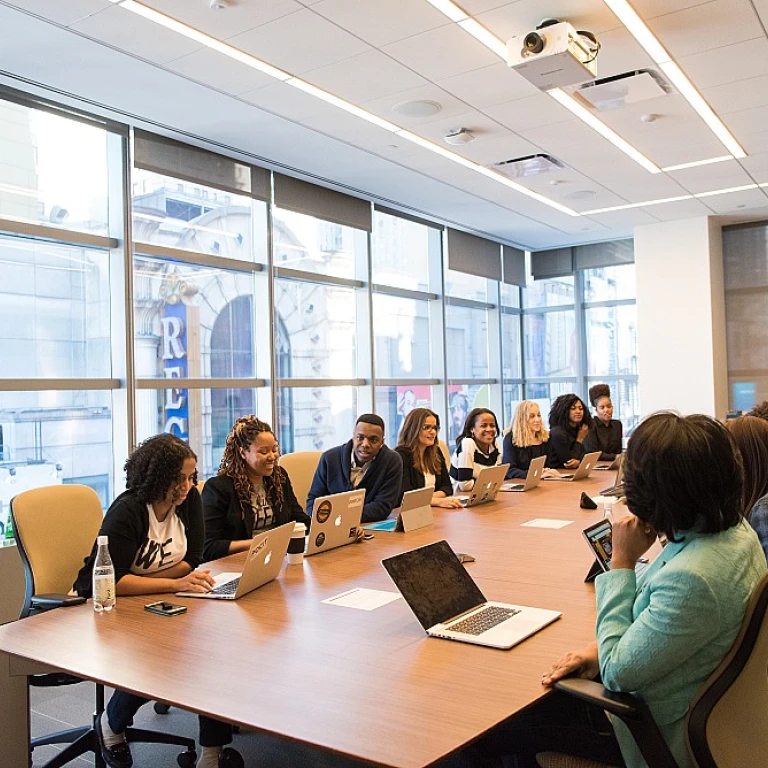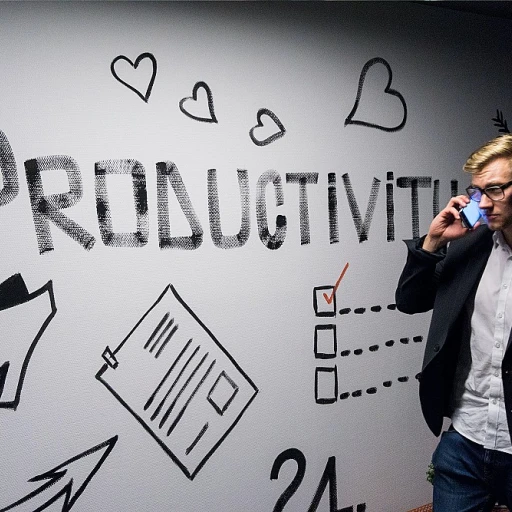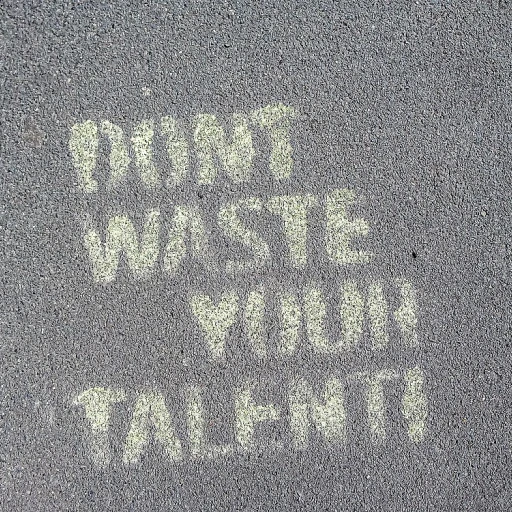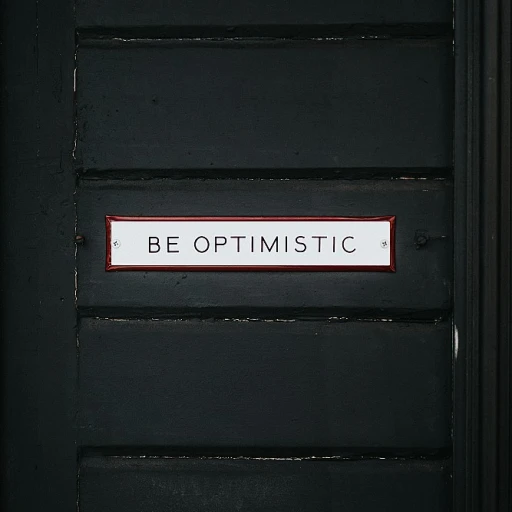Defining Diversity Hiring in the Context of AI
Clarifying the Meaning of Diversity Hiring with AI
Understanding diversity hiring in the context of artificial intelligence (AI) is crucial for any organization striving for a diverse workforce. At its core, diversity hiring is the practice of recruiting employees from diverse backgrounds, thus fostering an inclusive workplace where people of all races, ethnicities, genders, abilities, and other characteristics feel welcome. AI can redefine this process, offering companies a unique opportunity to enhance their hiring practices by minimizing unconscious bias. When we talk about diversity hiring enhanced by AI, it doesn’t just mean ticking boxes to meet diversity goals. It involves using AI-driven tools to improve the recruitment process, proactively seeking diverse candidates while ensuring fairness. Companies striving for diversity equity inclusion (DEI) can leverage AI to analyze job descriptions, refine recruiting tactics, and ensure that diverse talent is not only sourced but also supported throughout the candidate experience. A diverse workforce brings multiple perspectives and innovations. AI can aid in achieving this by identifying patterns and trends that humans might overlook. For instance, during recruitment, AI tools can offer insights into job postings and placements by uncovering language that might inadvertently deter diverse candidates. This makes the recruitment process more inclusive from the get-go. However, AI's role in enhancing diversity needs to be carefully managed, as it is only as unbiased as the data it is trained on. Later sections in this article will explore both the potential challenges when implementing AI in this realm and the successful strategies that some companies have adopted to effectively use AI in diversity hiring. Ultimately, blending AI capabilities with a strong DEI policy can transform the workplace for the better.The Role of AI in Enhancing Diversity
How AI Technology Bolsters a Diverse Hiring Environment
Artificial intelligence (AI) technology is rapidly transforming the way companies approach diversity hiring and is proving to be a catalyst for creating more inclusive workplaces. By automating parts of the recruitment process, AI can help identify and attract diverse talent in a more efficient and objective manner. One of the key ways AI contributes to diversity is by minimizing unconscious bias throughout the hiring process. Traditional hiring practices often rely on human recruiters, who may unconsciously favor candidates that resemble themselves, leading to a less diverse workforce. In contrast, AI tools can be programmed to focus on objective criteria such as skills and qualifications, ensuring that diverse candidates are assessed purely on their merits. AI incorporates machine learning algorithms that scan job descriptions to highlight language that might inadvertently deter diverse applicants. It can help rewrite these descriptions to be more inclusive, thereby attracting a broader range of candidates. By ensuring that all applicants feel welcomed, companies foster a commitment to diversity, equity, and inclusion (DEI). Furthermore, AI systems can assess a comprehensive set of data points beyond resumes, such as social media and professional networks, to track diverse candidates’ career progression. This provides a fairer system for candidate selection, promoting diversity within the recruiting process. However, the success of AI in promoting diversity hinges on how well the technology is implemented and managed within an organization. To achieve hiring diversity, companies need to ensure their AI systems are continually updated and refined to recognize and eliminate any new forms of bias that might emerge.Challenges of Implementing AI for Diversity
Addressing Potential Obstacles in Implementing AI for Diversity Hiring
In pursuit of a more diverse and inclusive hiring process, companies are increasingly turning towards artificial intelligence. However, the integration of AI in diversity hiring comes with its set of challenges, which must be carefully addressed to ensure fair and equitable recruitment practices. One primary challenge lies in the data used to train AI algorithms. Often, AI tools may inadvertently replicate the biases present in the data they are trained on. This could result in unintended bias in selecting diverse candidates, ultimately impacting the company culture negatively. It's crucial for organizations to regularly audit and update their data sets to avoid perpetuating unconscious bias in their AI-driven hiring efforts. Moreover, ensuring transparency and explainability of AI systems is paramount. Candidates and employees should understand how AI influences recruitment and selection decisions. This transparency can enhance candidate trust and support the company’s goals of diversity equity and inclusion (DEI). Another obstacle is resistance to change within the workplace. Employees may be skeptical about integrating AI into traditional hiring practices, fearing job displacement or questioning the AI's fairness. Companies must foster a sense of trust and collaboration among their teams by providing education and clear communication on the benefits and limitations of AI in diversity recruiting. Additionally, consistent monitoring and evaluation of AI tools are necessary to align them with evolving hiring goals and diversity initiatives. This includes understanding the impact of AI interventions on diversity outcomes and making necessary adjustments to achieve a truly diverse workforce. Organizations can overcome these challenges by leveraging resources and expert insights on enhancing human resources staffing with AI, leading them towards more effective and equitable diversity hiring outcomes. For companies looking for guidance in integrating AI for diverse talent acquisition, explore how AI can enhance Human Resources staffing.Case Studies: Successful AI-Driven Diversity Initiatives
Real-World Examples of AI in Diversity Hiring
In recent years, several companies have successfully integrated AI into their hiring practices to enhance diversity and inclusion. These initiatives not only highlight the potential of AI in recruiting diverse talent but also serve as a benchmark for other organizations aiming to improve their diversity hiring strategies.
Tech Company Revolutionizing Diversity Recruiting
One prominent example is a leading tech company that implemented AI-driven tools to refine their recruitment process. By leveraging AI, the company was able to analyze job descriptions and identify language that might deter diverse candidates. This adjustment led to a more inclusive hiring process, significantly increasing the diversity of their candidate pool.
Financial Institution's AI-Powered DEI Hiring
A major financial institution also adopted AI to bolster their diversity, equity, and inclusion (DEI) hiring goals. The AI system helped eliminate unconscious bias by focusing on candidate skills and qualifications rather than demographic factors. As a result, the institution reported a more diverse workforce, with employees from varied backgrounds contributing to a richer company culture.
Retail Giant's AI-Driven Talent Acquisition
Another notable case is a retail giant that utilized AI to streamline their talent acquisition process. The AI tools enabled the company to identify and engage with diverse candidates more effectively, ensuring a wider range of perspectives within their teams. This approach not only met their diversity recruiting objectives but also enhanced overall workplace diversity and inclusion.
These case studies demonstrate that when implemented thoughtfully, AI can play a pivotal role in achieving diversity hiring goals. By focusing on diverse talent acquisition, companies can foster a more inclusive and equitable workplace, ultimately driving innovation and growth.
Ethical Considerations in AI-Powered Diversity Hiring
Ethical Aspects of Using AI in Diversity Hiring
The importance of diversity hiring is recognized increasingly across companies looking to cultivate a diverse workforce and improve their company's culture. However, the deployment of AI in hiring processes presents several ethical considerations, especially concerning diversity, equity, and inclusion (DEI) practices. Firstly, using AI in hiring can inadvertently result in algorithmic bias, where the systems amplify existing prejudices instead of mitigating them. Algorithms are often trained on historical data that may reflect existing biases within a company's past hiring practices, ultimately leading to exclusionary outcomes for diverse candidates. Another significant concern centers around transparency and accountability. AI tools in diversity recruiting must be transparent about their decision-making processes. This is crucial for ensuring that hiring practices align with DEI goals and do not compromise potential equity inclusion within teams. Privacy also becomes a pivotal issue, as AI systems analyze vast amounts of data from candidates. Fair data handling policies must be implemented to ensure candidate information is secure and appropriately used. To address these challenges, companies need to adopt a conscientious approach to implementing AI in their recruiting processes. This involves:- Conducting regular audits of AI-based hiring tools to identify and rectify biases.
- Fostering a culture where human oversight plays a critical role in the recruitment cycle.
- Ensuring AI-driven methods complement, rather than replace, the human element in talent acquisition.








